In preparation for establishing the University for Life and Peace in Yangon (Myanmar), Ling Jiou Mountain Buddhist Society (Taiwan) and the Human Science Centre of the University of Munich (Germany) in cooperation with academic institutions worldwide are announcing the following program.
Our Winter School in Yangon, Myanmar, in January 2019 is a preparation for establishing a University for Life and Peace, which will explore the deep roots of the ecological crisis so as to find integral ways to meet the challenge on all levels described above. This project is inspired by the vision of Dharma Master Hsin Tao, with the support of the Ling Jiou Mountain Buddhist Society. We start from the hypothesis that it is human greed and ignorance that is at the root of the problem. Today we have technological developments that are fuelled by this greed pursued in unbalanced ways that become destructive on a global scale. Technological development will inevitably continue due to the increase in our knowledge and information about the world, but this can be redirected based on proper insight into the way things are, insight on our human condition and our current situation. Such insight needs to be institutionalized in appropriate ways in new social, economic, political, technological systems conducive to sustaining and enhancing life rather than toward its destruction. Here, courage is necessary for us to move forward in this direction. Unbridled greed may or may not be an anthropological given, but we also have evidence that greed can be curtailed, and that the mind can be controlled when cognition and emotion are balanced. This is why our approach is necessarily interdisciplinary, not only in bringing together different natural and ecological sciences, but also social sciences as well as the science of the mind, toward a holistic and integral vision combined with practical approaches that will include technological, economic, political, social, and other aspects. We will explore new ways in theory and practice toward developing and deepening our spiritual capacity, both individually and collectively, drawing on the resources of our different cultural and religious traditions. We seek ways to increase personal motivation and collective determination to move from mere quantitative to more qualitative parameters in evaluating our life styles, as we seek to implement new ways of organizing our life on the basis of intelligence and innovation, grounded on harmonious and balanced emotions banking on discoveries in neuroscience as well as on spiritual practice. We will explore new forms of science, technology and economy that will be in tune with our natural environment, seeking to restore the balance in the ecosystems. We will conduct this program in Myanmar, a country that is at the cusp of growth in all dimensions, with an international group of students and faculty, learning from the local resources while applying insights from a global perspective. We seek to raise questions pertinent to our local situations, and to find answers that can be implemented on a global scale.
This course is intended for students in Master’s and PhD programs. Its goal is for students to understand the deep roots of the current ecological crisis from interdisciplinary perspectives, to engage creatively in finding practical solutions to the pressing problems of humankind, through enhancing the training of a mentality (including cognitive and emotional faculties) that is ready to engage in concrete action for the betterment of human life in our 21st century global society.
The course follows an interdisciplinary approach, geared for students with backgrounds or area specializations in scientific/technological fields such as physics, chemistry, medicine, engineering, economics, environmental studies as well as humanistic fields such as peace studies, cultural studies, political science, sociology, psychology, theology and related subjects. The course will be conducted by experts renowned in their respective fields. The scholars will reflect on their disciplinary approaches in an interactive way, so as to generate new and relevant questions about our way of life and to find solutions that go beyond compartmentalized understandings of reality.
The course will be conducted in Myanmar, a country that is politically, economically and ecologically most vulnerable, and yet full of opportunities, bringing together experiences of an ancient Buddhist culture faced with the sufferings, struggles and challenges of the present economic and ecological situation of a Third World country, reflecting on new ways to engage in building a better future for its people.
Students would benefit from this cross-over situation, make intense contacts in small groups with intellectual leaders and with each other, working on cooperative projects for further engagement on the level of national and international organizations that deal with the ecological situation, including United Nations Agencies, Think Tanks, Foundations, NGOs, and others. This Winter school provides an ideal setting to network academically, personally and institutionally.
The Learning Goal will be to become familiar with the present frontiers in ecological thinking and to consider how best to implement solutions in in projects and to challenge industrial designs worldwide. Students will have an experience to draw their own consequences from the theoretical and practical input they get, for they will design their own virtual projects that will be discussed and critiqued by the other participants.
Students will receive an academic certificate from the Human Science Centre of the University of Munich, Germany.
Six Interdisciplinary Areas have been identified for analysis which will start with historical overviews (areas 1-2), move on to basic anthropological, psychological and structural themes (areas 3-4) and continue with explorations of possible solutions through cognitive and spiritual transformation, and reform of economic structures (areas 5–6).
Six Interdisciplinary Areas:
1. Ecological World Views of Ancient Traditions as well as of major World Religions (Anthropology, History, Religious Studies)
2. Why Did Ancient Civilizations Perish and Why is Humankind Facing an Ecological Disaster Today? (Anthropology, History, Religious Studies, Ecosciences)
3. Major Reasons for a Lifestyle out of Balance (Aggressivity, Greed, Social and Economic Forces) and Realistic Possibilities for Change (Empathy and Resources for Proper Decision Making) (Neurosciences, Philosophy, Religious Studies, Psychology, Buddhist Studies)
4. Cooperation and Competition in Social Systems (Economy, Psychology, Neurosciences, Religious Studies, Law, Biology)
5. New Models of Education: Holistic Views on Creativity, the Realization of Interdependency and Sustainable Life Styles (Psychology, Philosophy, History, Buddhist Studies)
6. Economics and Ecology: Toward a Vision of An Ecologically Sustainable Economic System (Ecosciences, Economics)
The Teaching Program follows the classical scientific investigation in three steps: Hypothesis or Question, Test or Experiment, Thesis or Theory (Result).
First Step: In order to get to know each other in person and to learn about the different approaches taken by the academic disciplines, the faculty members will introduce themselves and their academic discipline by asking the relevant and so often un-asked fundamental questions as well as reflect on methodological approaches to arrive at answers with regard to the six topics mentioned above. If possible, they should relate the six topics to each other.
Second Step: The Winter School will NOT follow a top-down teaching method where students would be merely the objects of education, but will take an approach that will be project-oriented, with students as active participants in the learning process. It will involve workshops that include mutual questioning and feedback, and shared learning. Each student will choose one of the four areas (a–d, as outlined below) beforehand as a virtual field work to focus on, and apply the knowledge and strategies gained in the six areas mentioned above in order to suggest realistic and practicable strategies, motivations and applicable solutions in all the four areas. Anthropological, economic, psychological, educational, religious and other perspectives shall be addressed and integrated into a holistic approach. In this period of the program, students will work in stable groups for a designated time frame with rotating faculty mentoring the virtual projects during the process.
Third Step: The “projects” will be presented (papers pre-distributed, power point) in the plenary. Here, the focus shall be on new strategies for understanding the six fields on basis of the group work. All presentations of projects should link their practical projects worked out in the groups with some of the six interdisciplinary areas in order to make a contribution to more comprehensive theories and at the same time include practical solutions. Suggestions and objections from other groups will be discussed in detail. Both theoretical consistency and realistic applicability are important criteria for an evaluation of the suggestions.
Finally, students will write a thesis with a more specified title taken out of the area they have been working with in their group. In order to find a proper topic they shall approach one of the faculty members as a mentor. He/she shall discuss the topic and strategy for writing the paper with the student. The findings and insights from the plenary discussions (third step) shall be considered carefully. The paper will be presented after three months first to the mentor for evaluation and shall be made available later online for all the participants of the Winter School.
1. Sources and Resources (Hypothesis)
Introductory Lectures, ca. 45 Min each: Each Discipline/Professor describes the topic and method with regard to the six areas
2. Fields of Activity (Test)
(Virtual) Projects in four Groups, such as:
a) Traffic/Transportation (Ecological impact of carbon-fueled vehicles: toward alternative ways of transportation)
b) Production and Consumption (Compare Rural and Urban systems)
c) Energy Production and Utilization (Sustainable Cycles, Saving Energy)
d) Humanized Industrial Worlds (Resource Cycles, Productivity and Human Fulfilment, Cooperation and Competition)
3. New Strategies (Thesis for each of the 6 fields)
Plenaries, Results in reference to Sources and Resources (1)
4. Paper
Students will write a Paper on their chosen topic describing concrete steps for implementing their results.
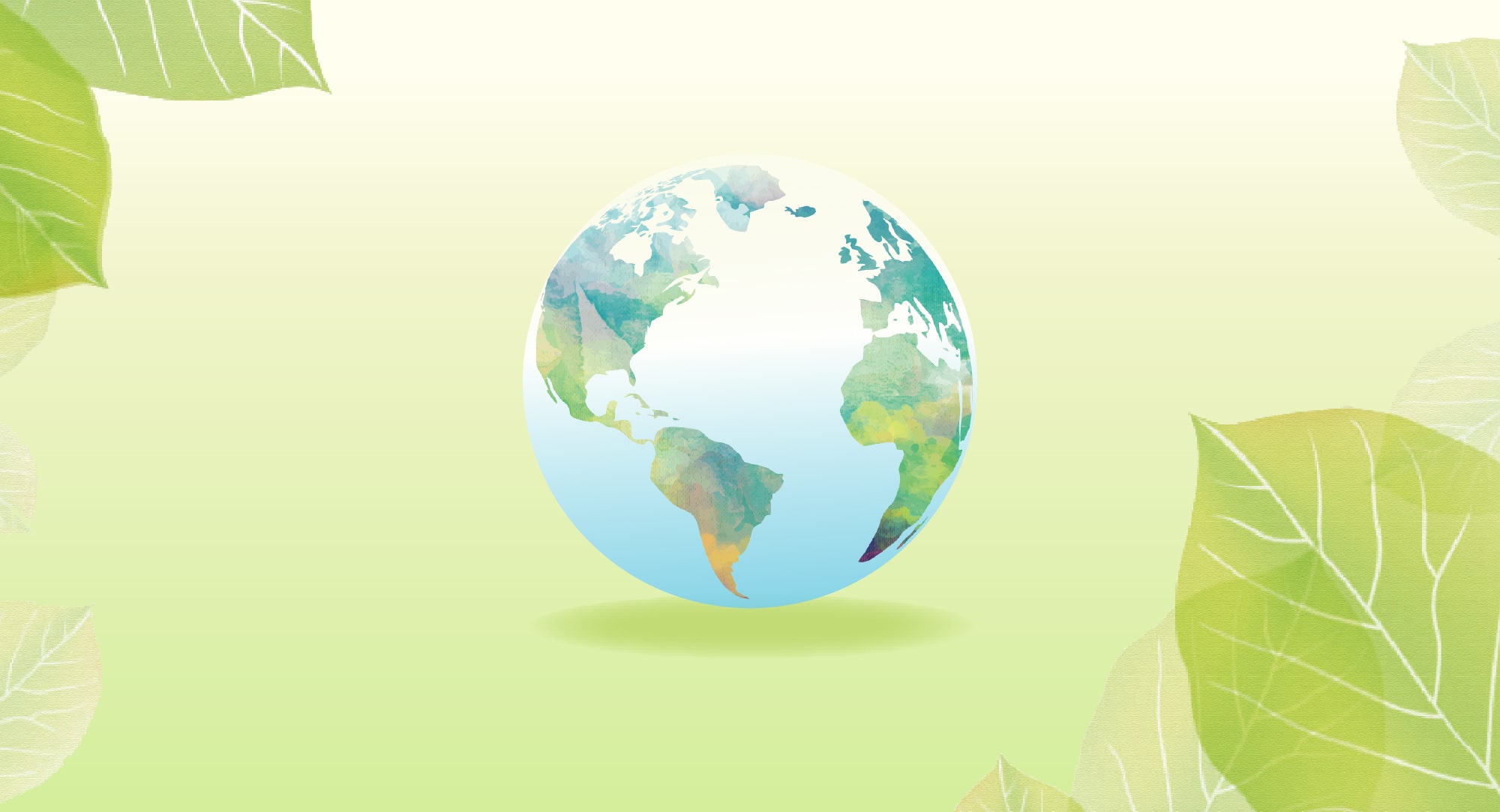
Date: 2019 Jan 9~23
Location: Yangon, Myanmar
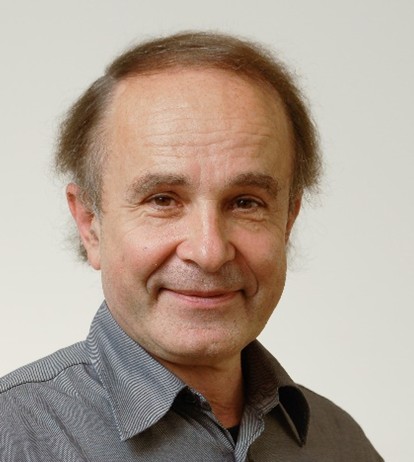

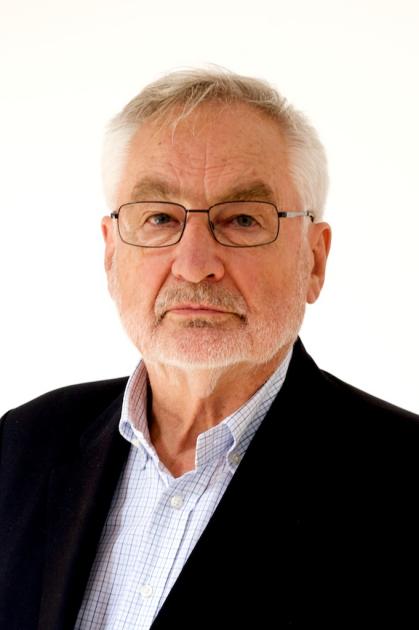
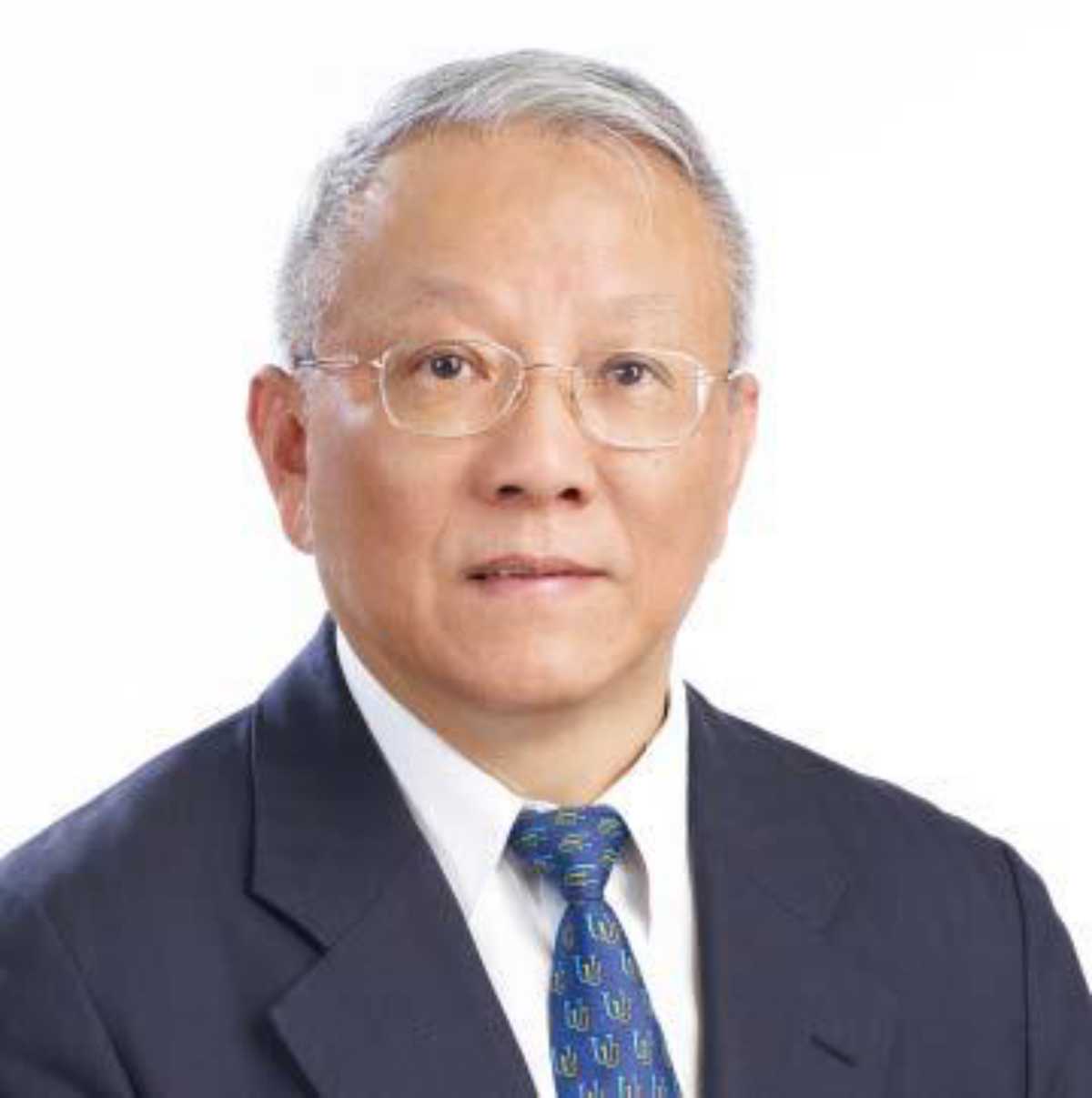

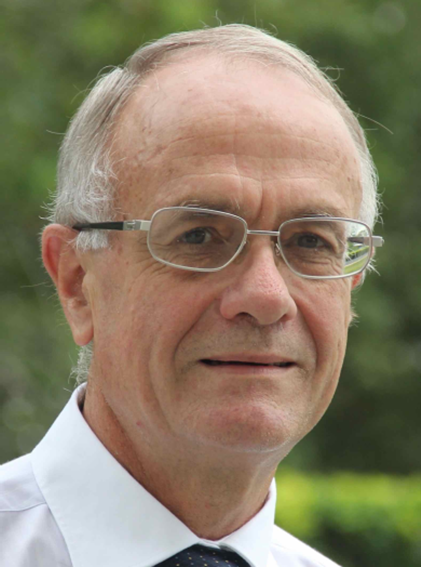
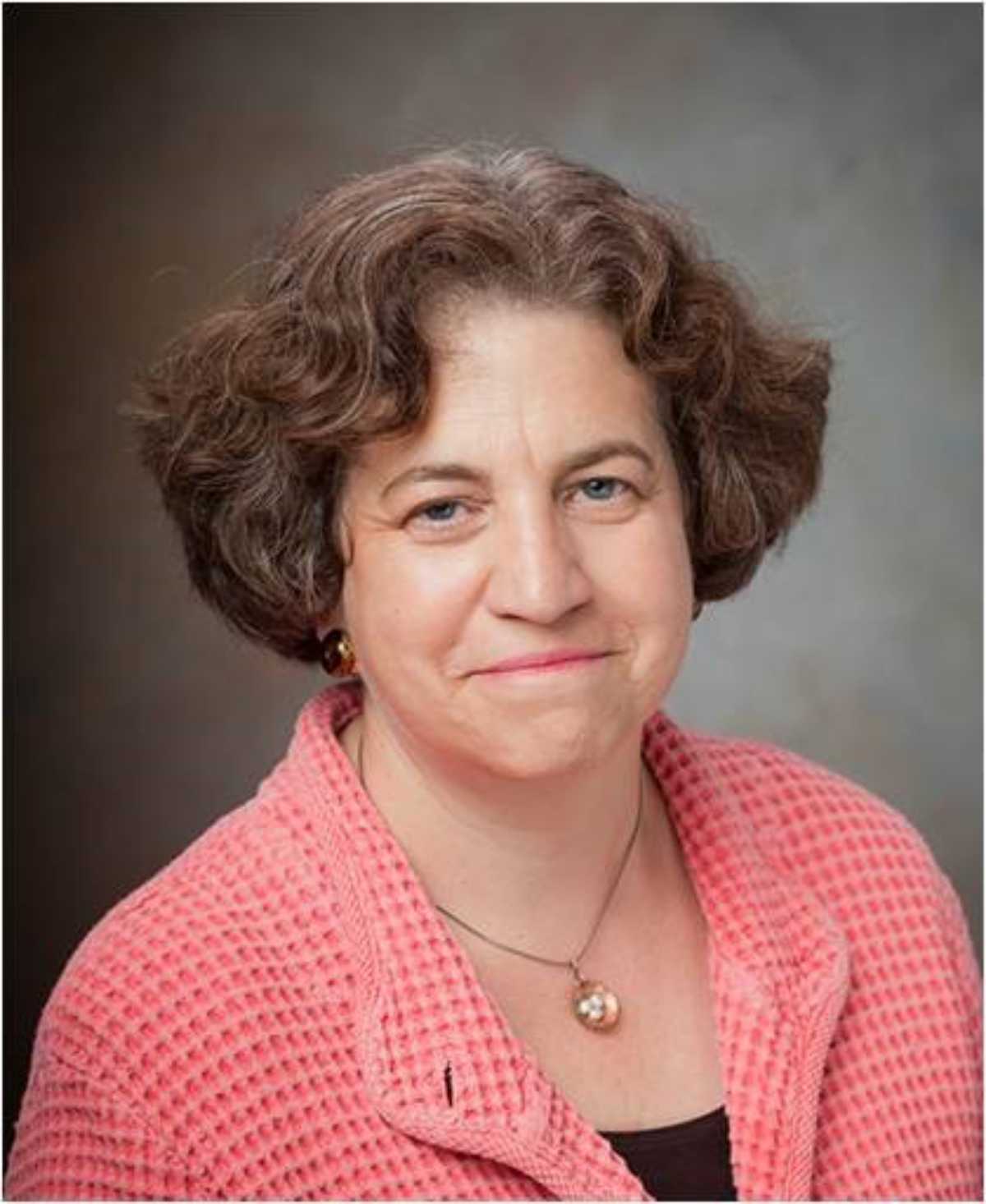
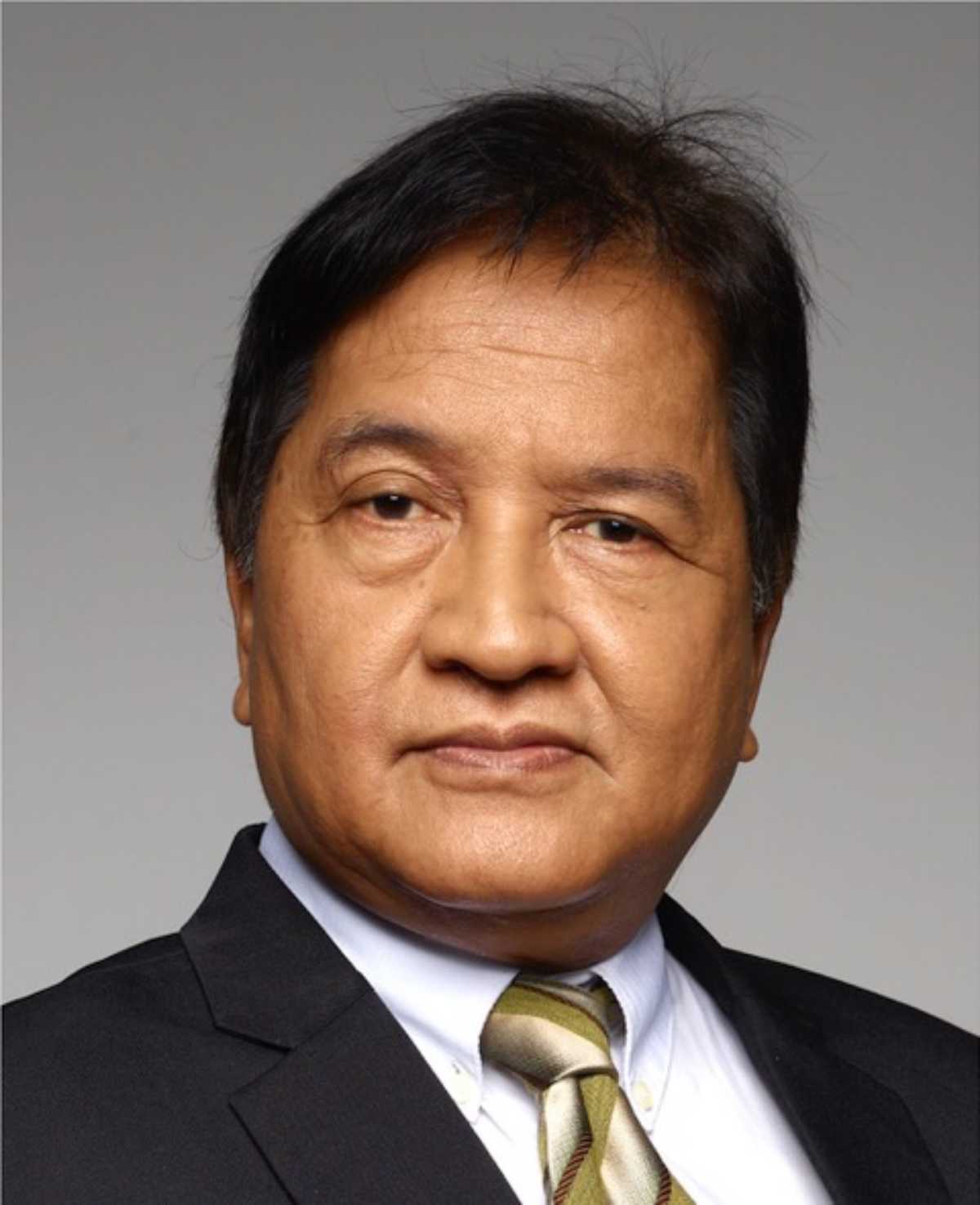
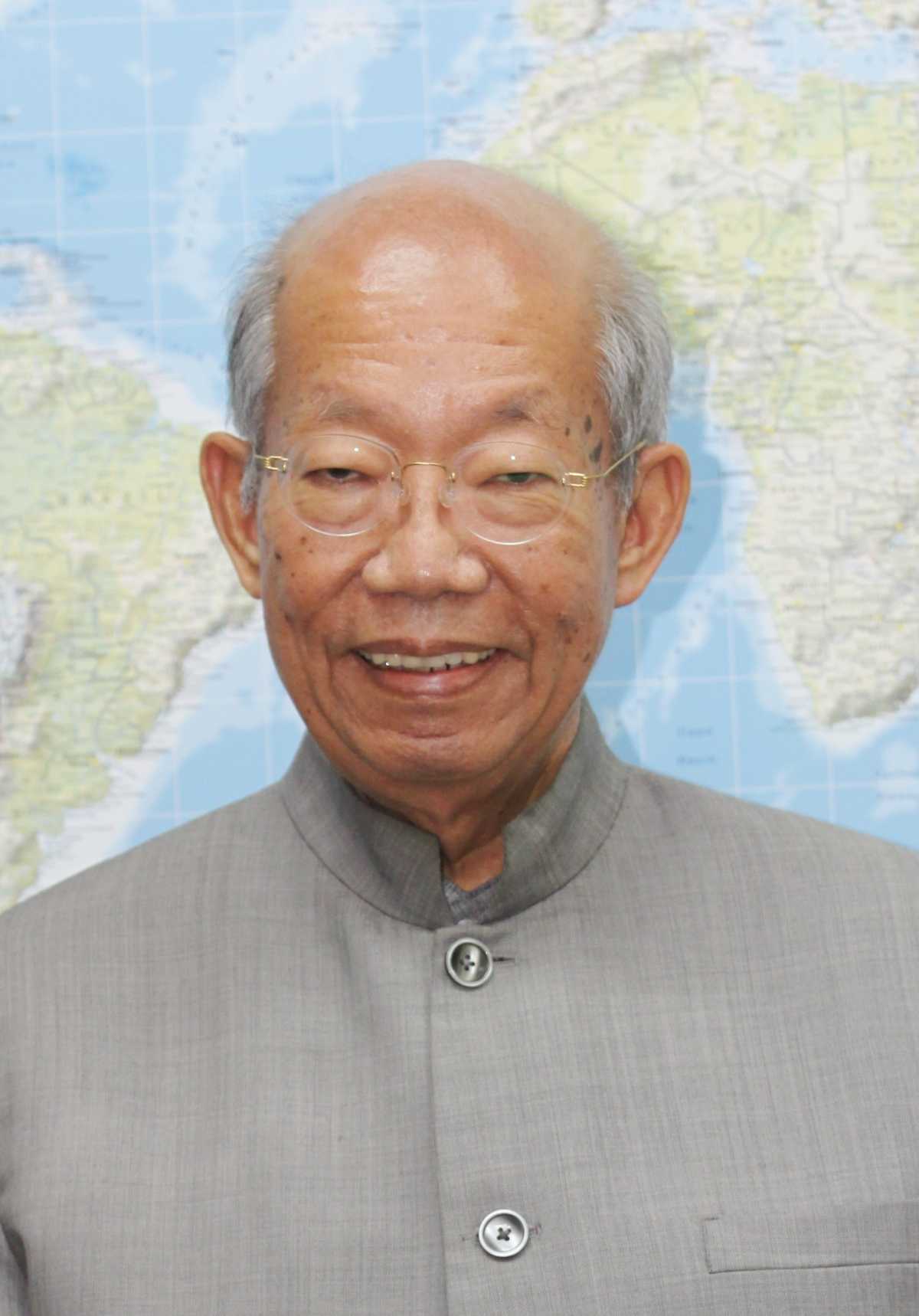
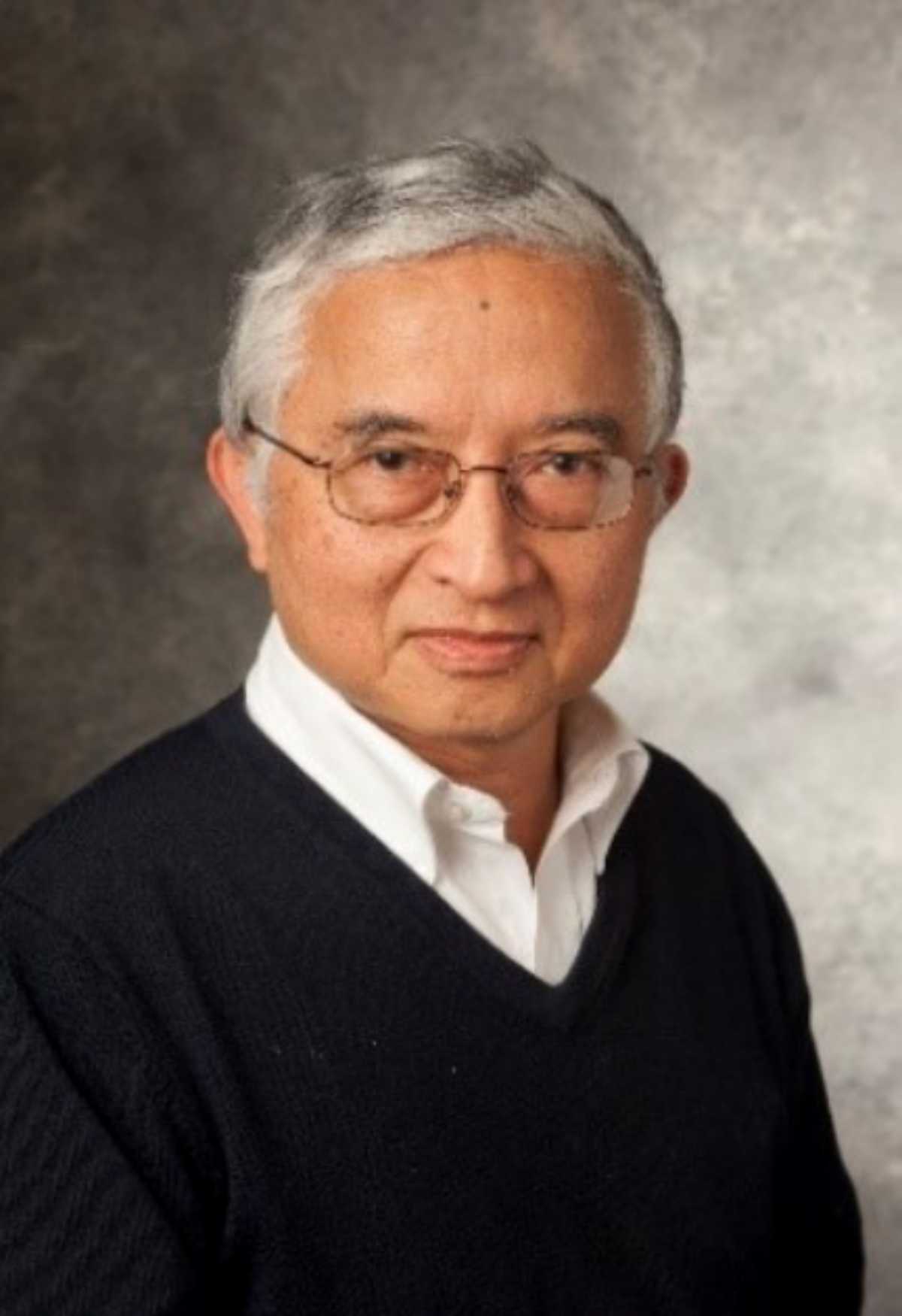
Before its official launch, the University for Life & Peace announced to host a special pre-opening program under the banner ‘The Winter School 2019 in Yangon, Myanmar’, which will open on January 10. The pilot program will run on the theme of ‘Marching toward New Strategies to Treat the Root Cause of the Earth’s Ecological Crises’. Twelve well-known international experts will employ the group study modules to encourage learning from one another among the students during the course of two weeks. The Winter School aims at identifying possible solutions to the deteriorating issues affecting people’s daily life by virtue of case-specific cooperation...
This is Myanmar, a country that borders on China, India, Thailand, Laos and Bangladesh. There are more than a hundred ethnic groups. What most of them have in common is their Buddhist faith and desire for peace.
Once a British colony, Myanmar regained independence in 1948 but has since been embroiled in civil war. Despite the unrest, people still try to go about their lives as normally as they possibly could.Here at Bogyoke Aung San Market, vendors sell to tourists jade and "longyi," a cylindrical sheet of cloth wrapped around the body from waist down. The streets of Yangon feel safe and people seem friendly, possibly because of the influence of Buddhist teachings.